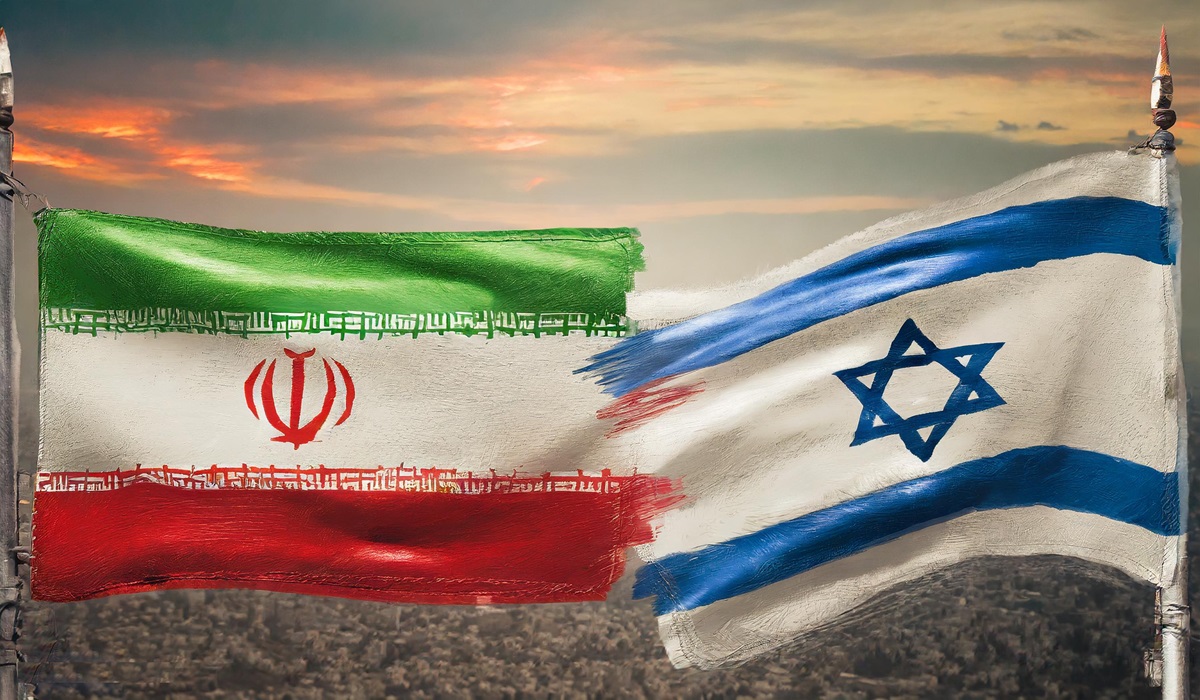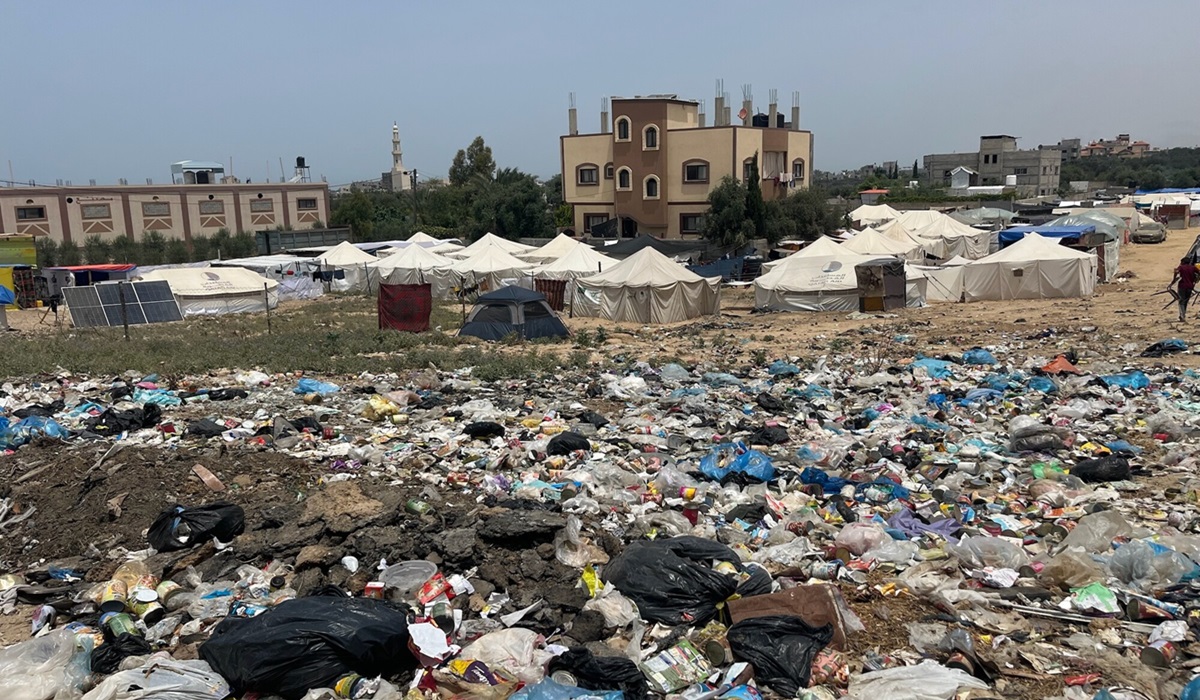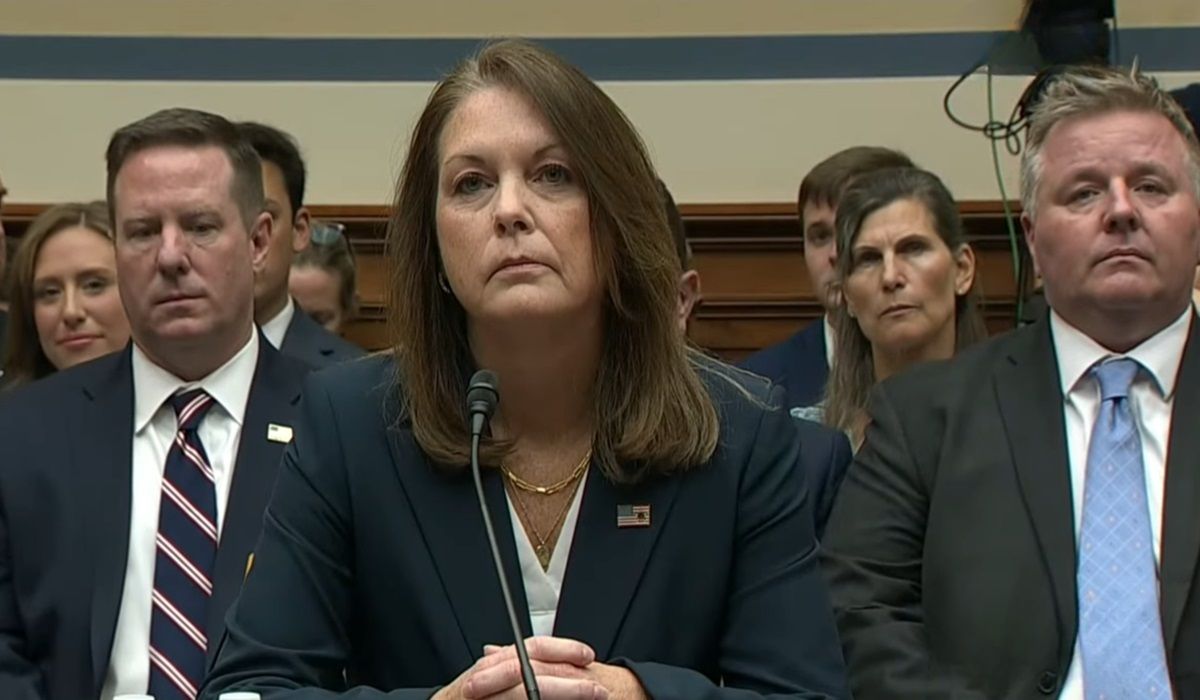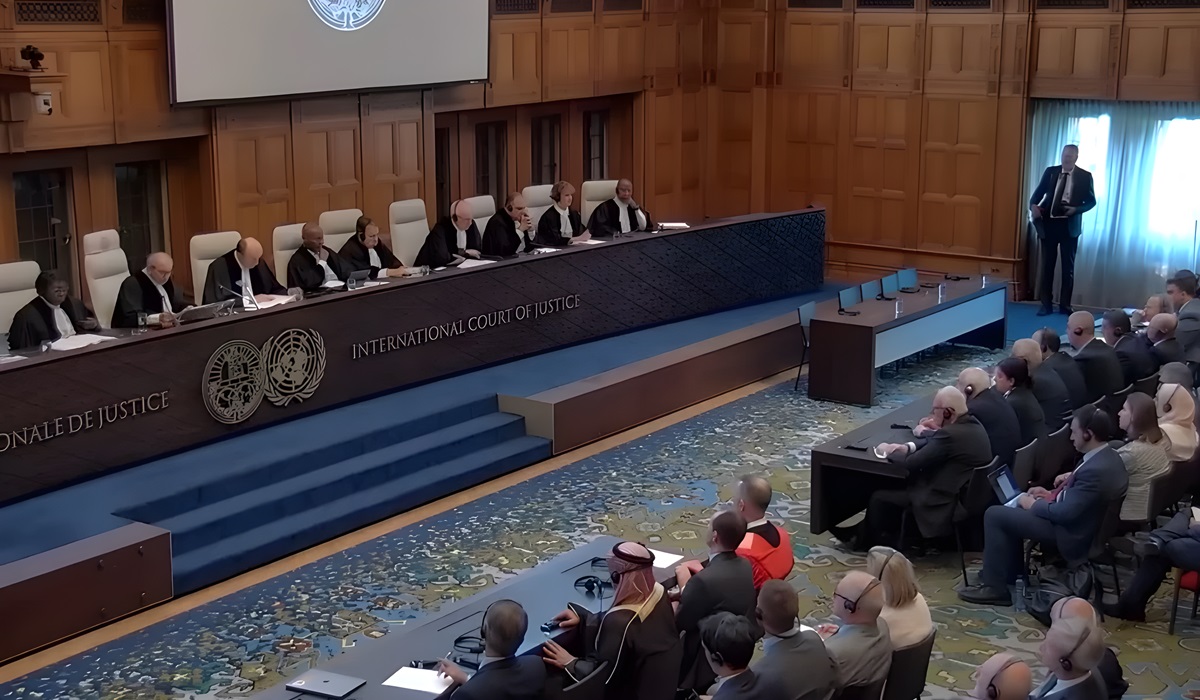Iran Launches Retaliatory Strikes on Israel Following Attack on Embassy in Syria
- TDS News
- Breaking News
- April 13, 2024

In an expected show of force in the Middle East, Iran has launched drone and ballistic missile attacks on Israel in response to Israel’s recent assault on the Iranian embassy in Syria. The brazen attack by Israel resulted in the deaths of seven top commanders, including one of Iran’s esteemed generals in the Revolutionary Guards, and inflicted injuries on numerous consulate members.
The targeting of an embassy, regardless of diplomatic affiliations, is a universally recognized act of aggression. Under both written and unwritten international rules, an attack on an embassy is deemed an assault on the sovereignty of the nation it represents. This unspoken rule holds true across the globe, as demonstrated by past responses to similar provocations.
In any other circumstance, such a violation would provoke swift and decisive action. If, for instance, a Canadian or American embassy were targeted by an adversarial force, the response would be immediate and unwavering. History has shown that nations do not hesitate to defend their sovereign territory, regardless of the geographic distance involved.
The principle guiding such responses is simple: if a country wishes to avoid hostile actions from others, it must refrain from initiating them itself. The age-old adage of “do unto others as you would have them do unto you” rings true in this context. It is a stark reminder that violence begets violence, and that peaceful coexistence hinges on mutual respect and restraint.
Moreover, the complexities of international relations dictate that nations should exercise caution when involving themselves in conflicts beyond their borders. The absence of NATO membership or specific agreements should serve as a deterrent to interventionism, particularly when the stakes are high and the consequences dire.
The United States often feels the need to play the world’s Police cannot shoulder the burden of global conflicts indefinitely. The American people, weary of perpetual warfare and resource depletion, are increasingly vocal in their opposition to further entanglements. As the specter of war looms large once again, there is a growing realization that diplomatic solutions must be pursued with utmost urgency.
In the midst of geopolitical maneuvering and military posturing, it is imperative not to lose sight of the human cost of conflict. Innocent civilians, caught in the crossfire of regional rivalries, bear the brunt of the violence. Their voices, too often drowned out by the clamor of war drums, must be heard and heeded.
As the situation in the Middle East teeters on the brink of catastrophe, the international community must rise to the occasion. The time for dialogue and diplomacy is now, before the flames of war engulf us all in their destructive fury.








